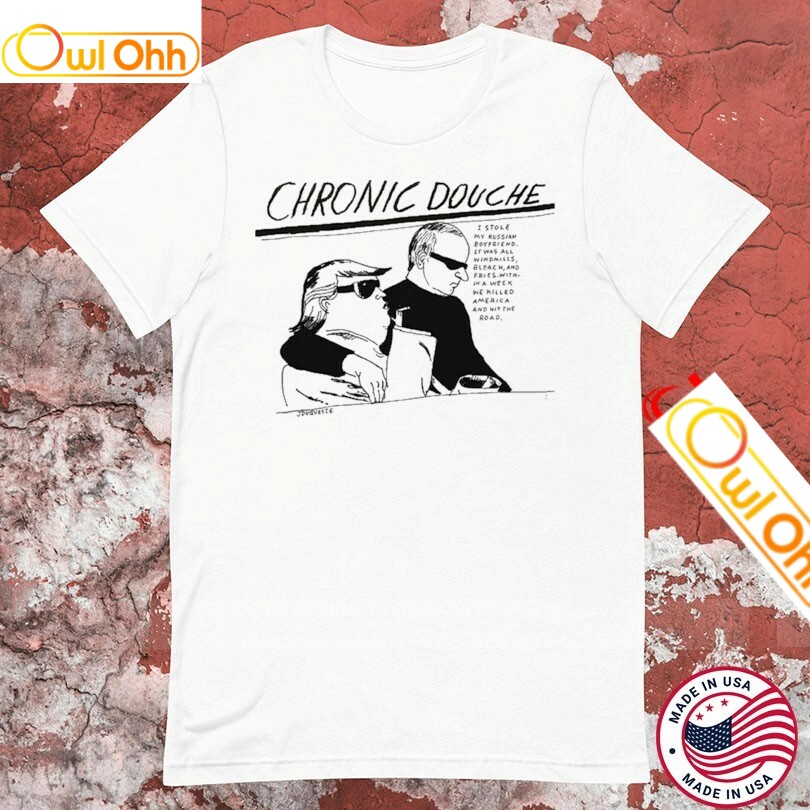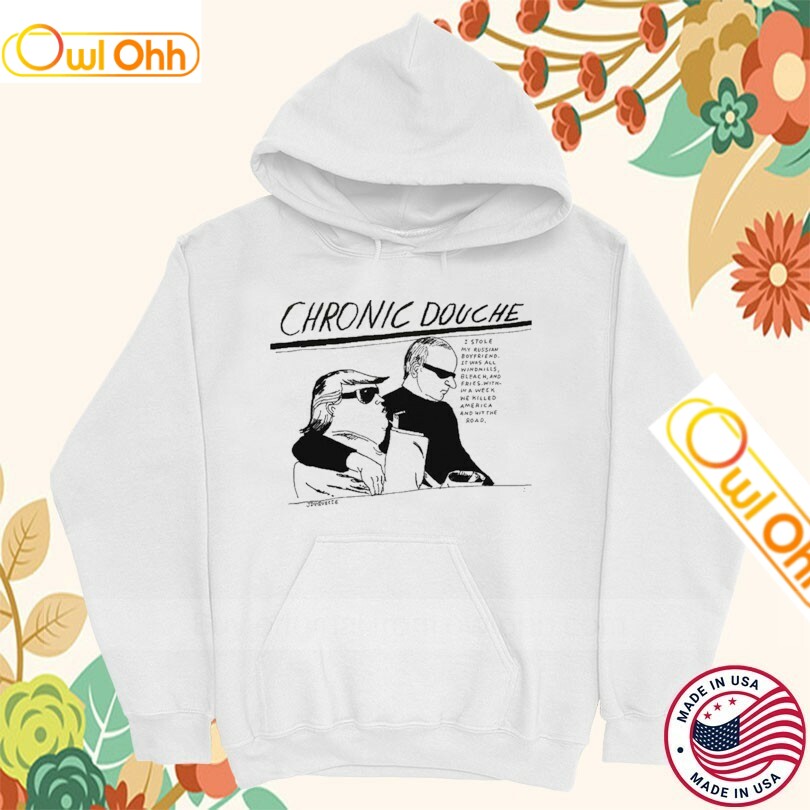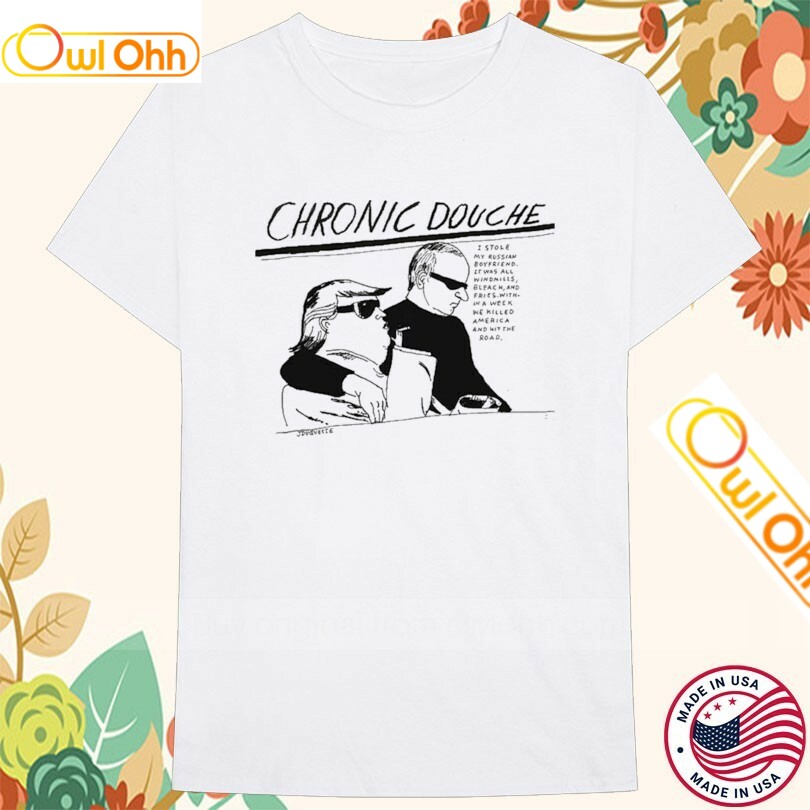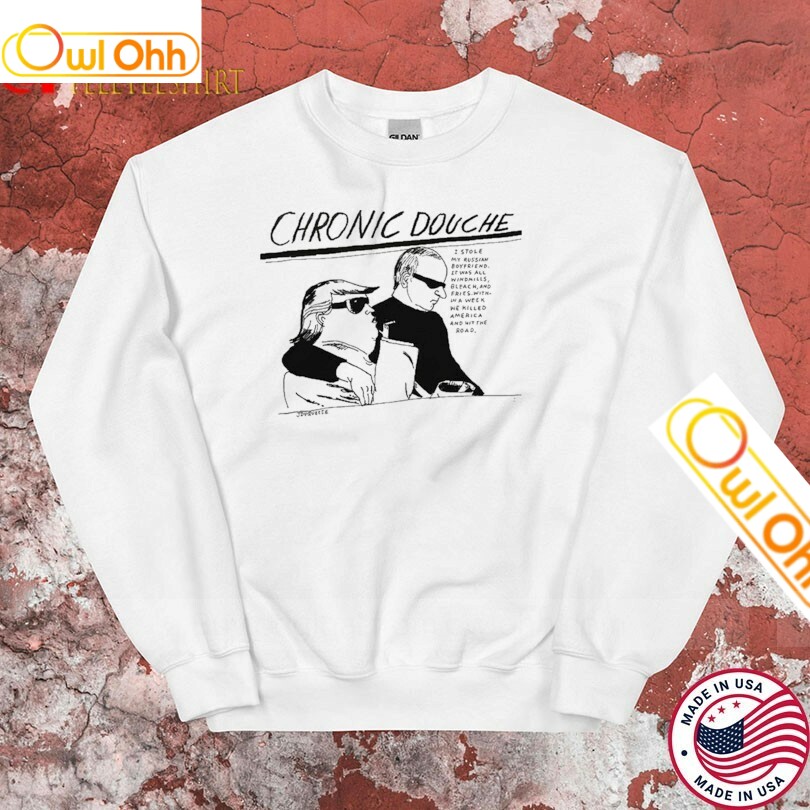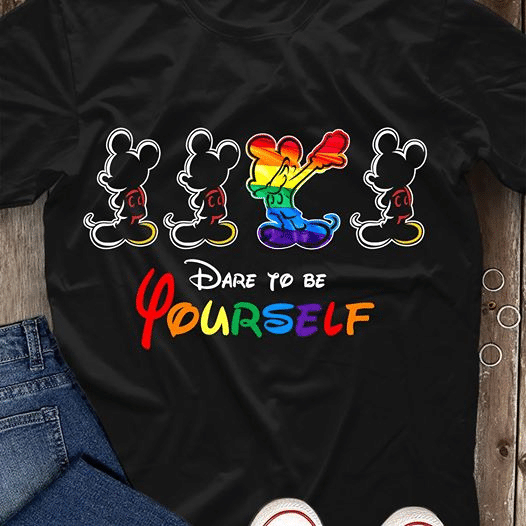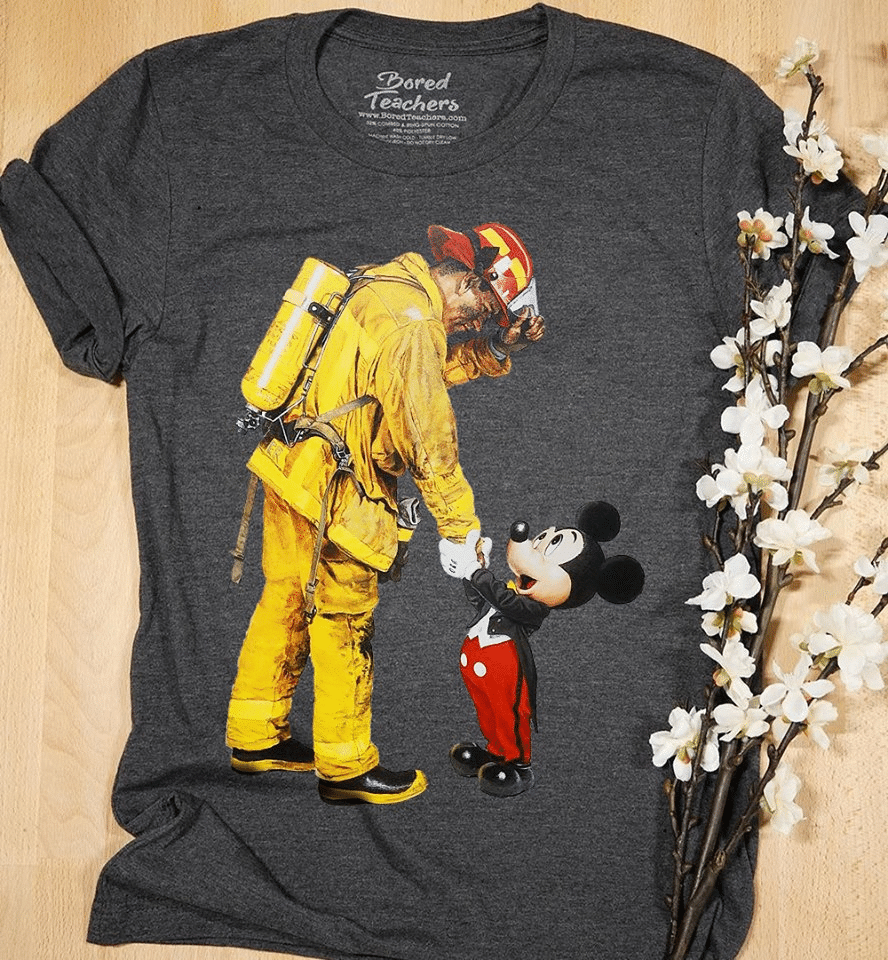Trump Chronic Douche Cigarettes T-Shirt, Hoodie, Sweatshirt, Tank Top For Men Women Kid
$21.99
- Full refund for faulty and lost products. No question asked.
- Full or Partial Refund if the item is not as described.
- Need support Open A Ticket Now !
Related products
The rise of satirical merchandise, particularly those targeting political figures, reflects a complex interplay of social commentary, humor, and, undeniably, a desire to express strong opinions. This market, fueled by social media and easily accessible printing technologies, allows individuals to wear their convictions – or their mockery – on their sleeves, quite literally. Products like irreverent t-shirts, mugs, and stickers, often featuring caricatures or witty slogans, tap into a specific vein of cultural discourse, turning politics into a consumable commodity. The motivations behind purchasing such items are diverse, ranging from genuine political activism to a simple appreciation for dark humor or a desire to signal affiliation with a particular ideological group. The impact on the public sphere, however, is something that deserves further examination, especially regarding freedom of expression versus the potential for the spread of misinformation or the exacerbation of political division.
Trump Chronic Douche Cigarettes T-Shirts, hoodie, tank top, sweater, long sleeve tee
The success of such merchandise hinges on its ability to connect with a specific audience. This connection often comes from shared outrage, amusement, or agreement with the underlying message. In a climate of heightened political polarization, these products can serve as tribal identifiers, clearly delineating one’s position within the ongoing debate. The choice to purchase and wear a garment with a specific message is often a conscious one, a declaration of one’s allegiance to a particular cause or belief system. This action, in turn, can amplify the message, spreading it to a wider audience through casual encounters and online interactions. The economic implications are also noteworthy, as the creation and sale of these items create opportunities for small businesses and independent artists, further embedding this form of expression within the broader economy.
Consider the potential effect of merchandise that utilizes provocative language or imagery. While protected under free speech principles in many contexts, the specific wording and design of such products can contribute to a coarsening of public discourse. Slogans, meant to be humorous, can unintentionally reinforce negative stereotypes or belittle complex issues. The creation of these products often demands creative freedom, but the lines between satire, insult, and incitement to violence can become blurred. Furthermore, the spread of misinformation and propaganda is a concern. The ability to quickly produce and distribute items online makes the spread of false or misleading information easier.
Furthermore, the very nature of satire allows for a broad range of interpretations. A message intended to be critical could be misinterpreted or even embraced by those the satire is targeting. The audience’s understanding of the context and the nuances of the joke is crucial, and this can be further complicated by the speed with which messages travel online. The potential for misinterpretation highlights the responsibility of both the creators of such merchandise and those who purchase and wear it. The intent of the creator is not always clear, and even if it is well-intentioned, it does not negate the possibility of unintended consequences.
Trump Chronic Douche Cigarettes T-Shirt, Hoodie, Sweatshirt, Tank Top For Men Women Kid




- Orders can be canceled or modified within 2 hours after being placed.
- Due to unforeseeable delivery bottlenecks with our suppliers as well as delivery companies, deliveries may be delayed depending on situation or circumstance. We apologize for any transpired inconvenience during the shipping process.
- Tracking Number: When available, we will send you the tracking number with the confirmation email so that you can track the package online.
- The above time frame is only applied for orders in the US with standard shipping methods.
- The majority of our orders are processed and shipped within the time frame we offer above. However, the time period above is only approximate and can differ in individual cases. Some items/orders may require a longer ship-out and/or delivery time frame.
- Worldwide Shipping Available: At OwlOhh, we ship products to over 100 countries worldwide. More details












